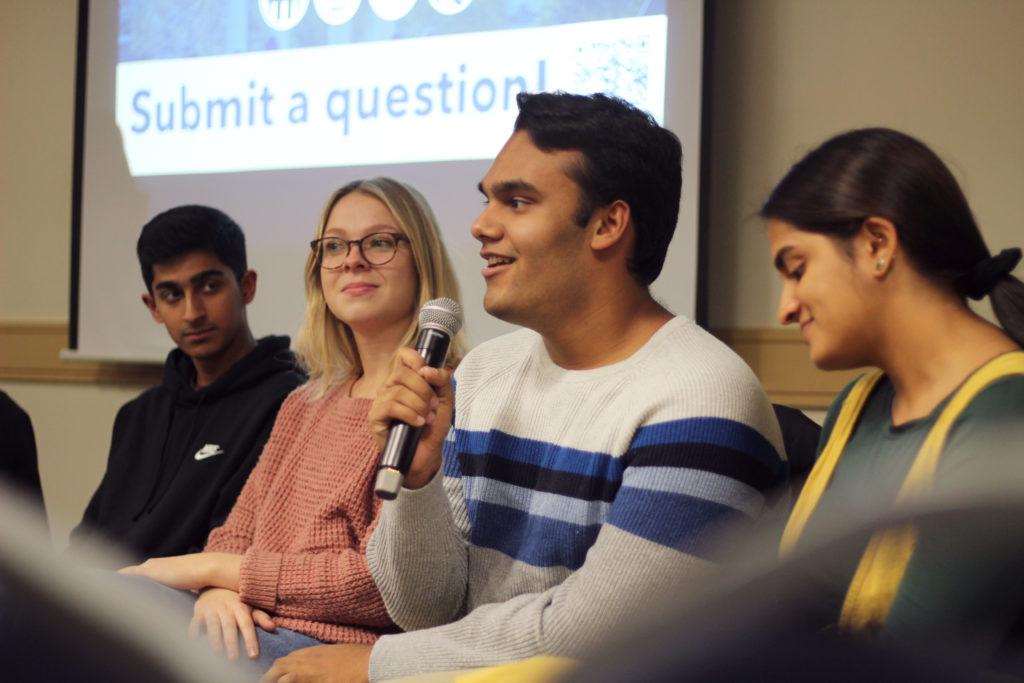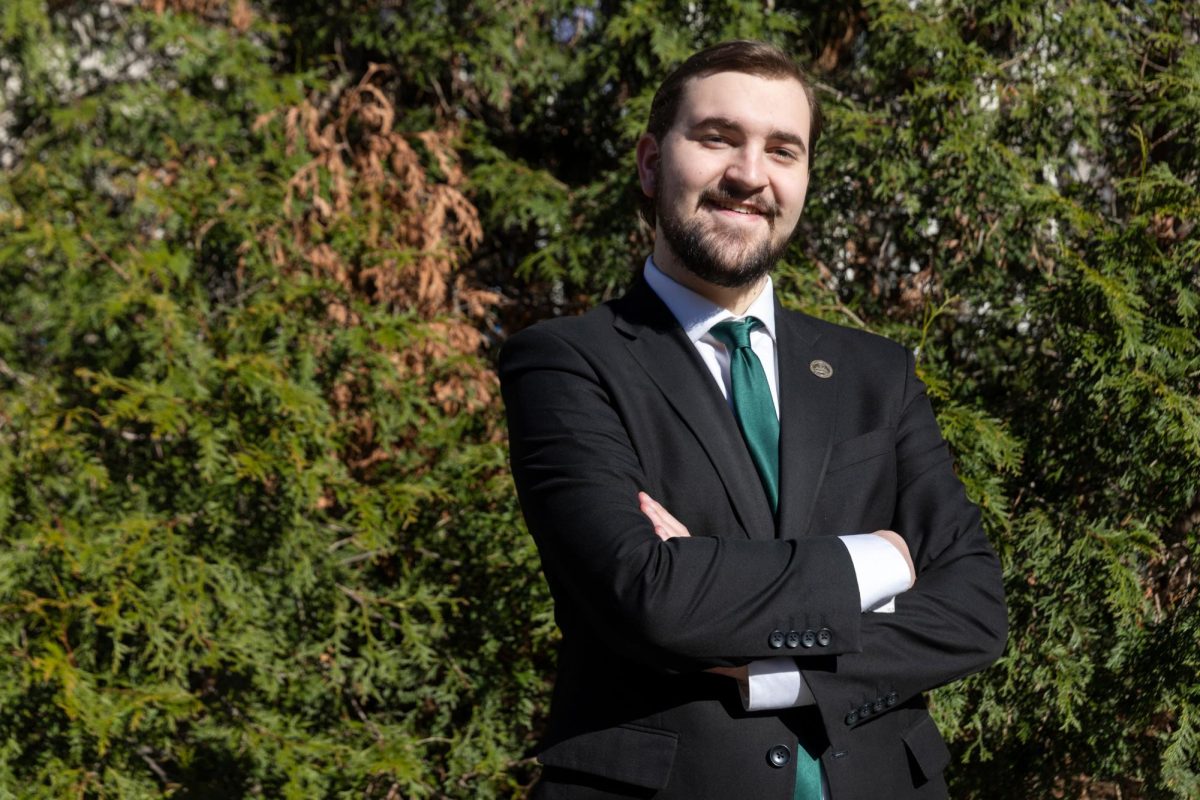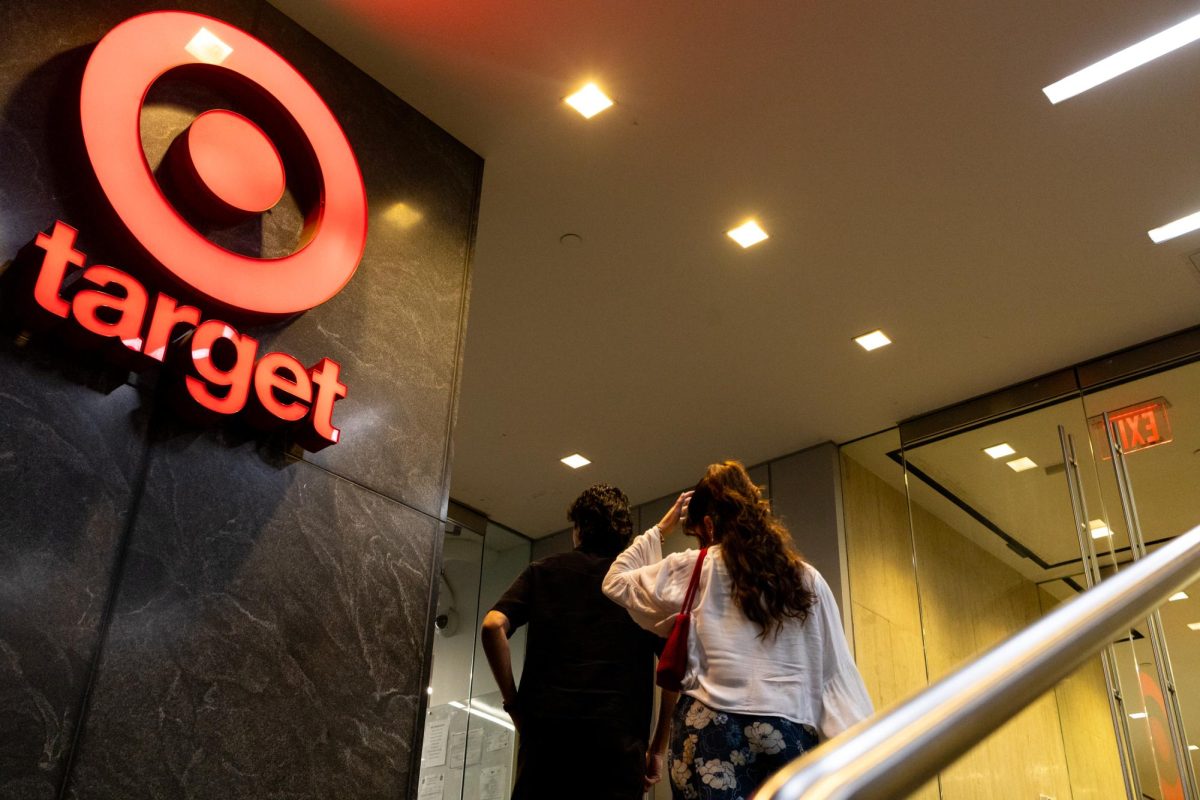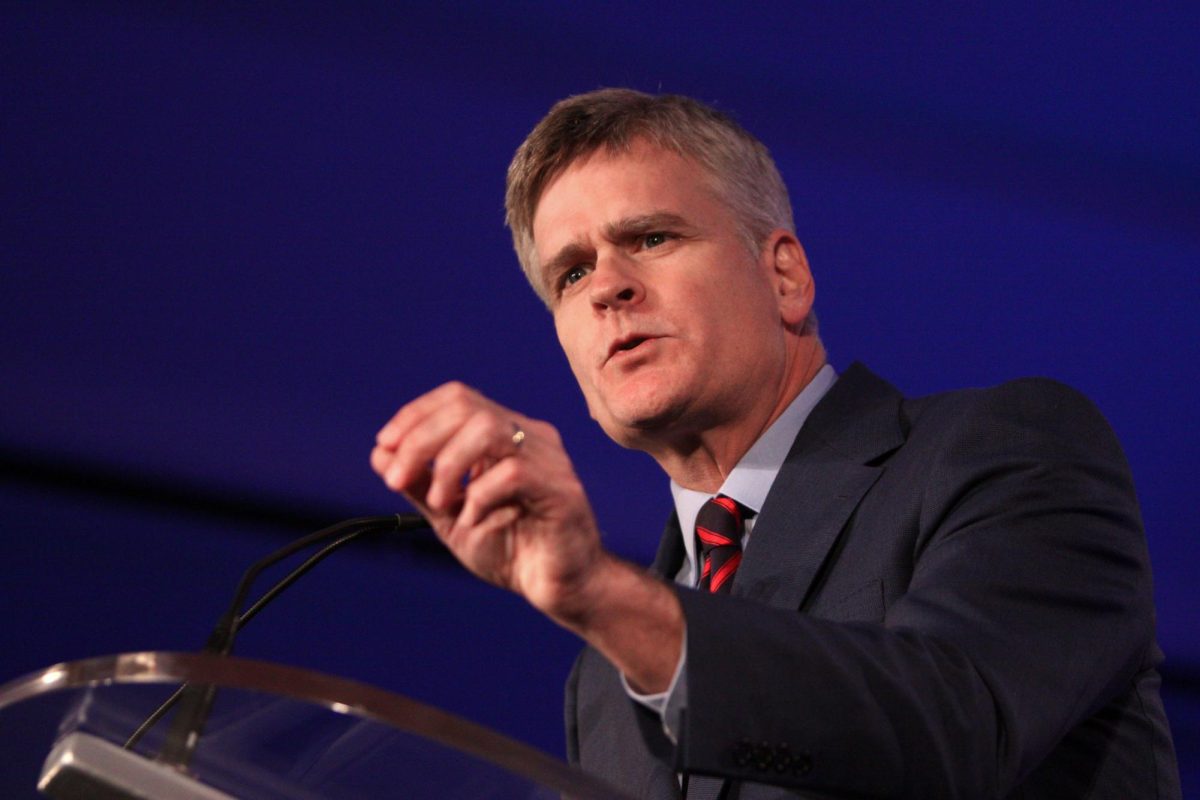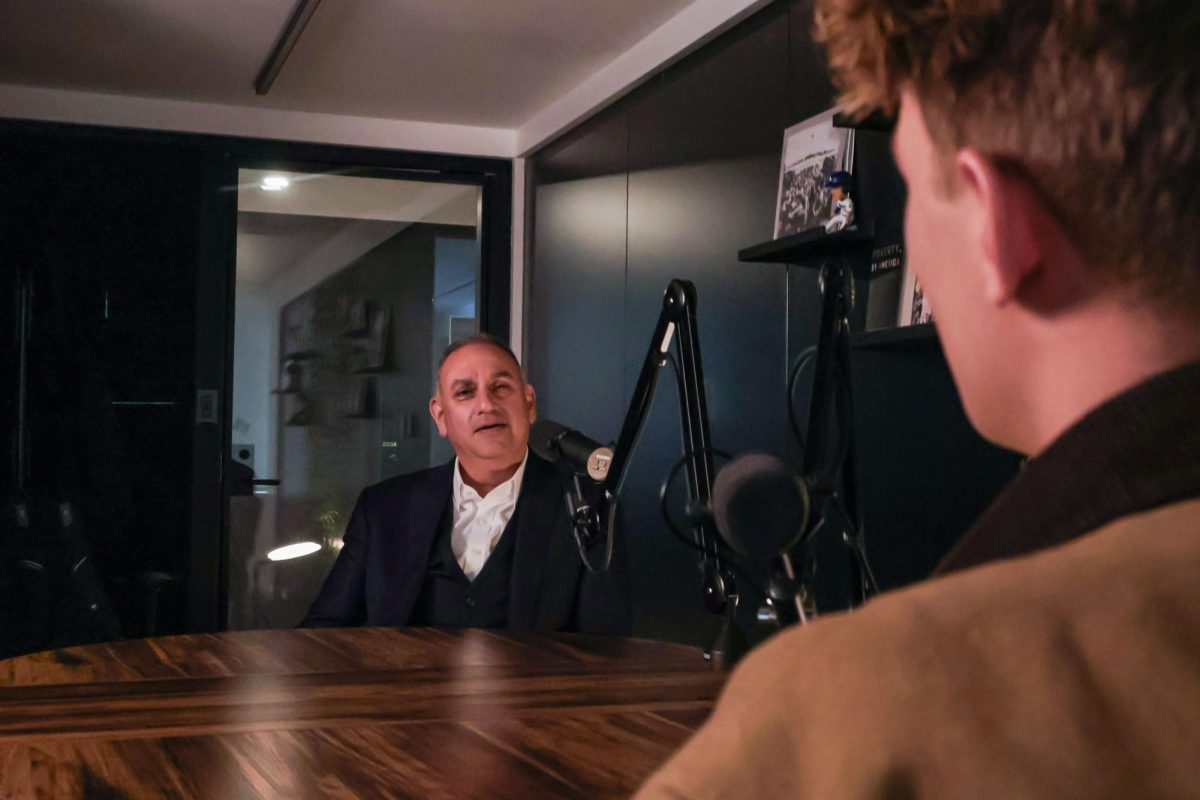About 50 student leaders, officials and community members held a town hall in the Marvin Center Thursday to discuss how student organizations can be transparent, act on student feedback and create an inclusive environment.
Student Association, Program Board, Residence Hall Association and Class Council leaders fielded questions from attendees about how the groups prioritized diversity, inclusion and trust-building this semester for the second student-led town hall in recent memory. Student leaders said they hosted the gathering to update students and community members about what student organizations have been working on this semester and to address concerns about issues prevalent on campus, like a lack of community among the student body.
Here are the main takeaways from the event.
Transparency in student organizations
SA Executive Vice President Amy Martin said students have historically complained that the SA is not a productive organization. Martin said leaders recently released an anonymous feedback survey, so the SA can track students’ ideas or complaints and create projects or pass information to officials to address any student concerns.
She said she has been compiling a mid-year report about what the SA has been working on to release to students.
“The SA in the past has both not owned its failures and has also not publicly owned a lot of its successes, which leads the student body to believe that we do nothing, which is a fair conclusion to come to when nothing is being put out to them,” Martin said.”
Acting on student feedback
Program Board Chair Shaan Kapadia said the board collects student feedback after events and garners ideas for future programming through polling on social media. Kapadia said feedback has helped the organization determine what speakers students would like to bring to campus.
“Then what it comes down to is budget, as well as who we feel would be a good fit on our student campus with our student body being the way it is,” he said.
RHA President Trinity Diaz said the group has not received much feedback about how safe students feel in residence halls, but the organization will work to alleviate any safety concerns a student might bring up to RHA leaders.
“As long as you’re voicing your opinions about safety and security and what’s happening in your residence halls to your hall councils or directly to us as the executive board, I’m sure that we can address it and fix any problems that you guys do see,” she said.
Promoting diversity and inclusion
Merritt Samuel, Program Board’s vice chair, said the board spent the fall semester “refocusing and redesigning” how to prioritize diversity and inclusion when planning school-wide events. She said Program Board created a group of students to advise the board’s event and planning team on how to make events more inclusive.
“It’s a lot of focusing on small scale relationship building, building trust between us and other student organizations that don’t really know what program board’s done in the past or have particular perspectives on program board or what we’ve valued in the past,” she said.
Chaturvedi, the president of Class Council, said she has focused on promoting diversity and inclusion at different council events since stepping into her position. She said the group has spent the semester reaching out to small student organizations that may not have the resources to throw large-scale events.
Chaturvedi said Class Council recently worked with Transgender and Non-Binary Students at GW, which formed this semester, to hold a drag show during Transgender Awareness Week.
“It was super successful, but it’s by reaching out to other students at this school who have different backgrounds and don’t typically have the space to create the events that they want and to make them as big as they can,” she said.


